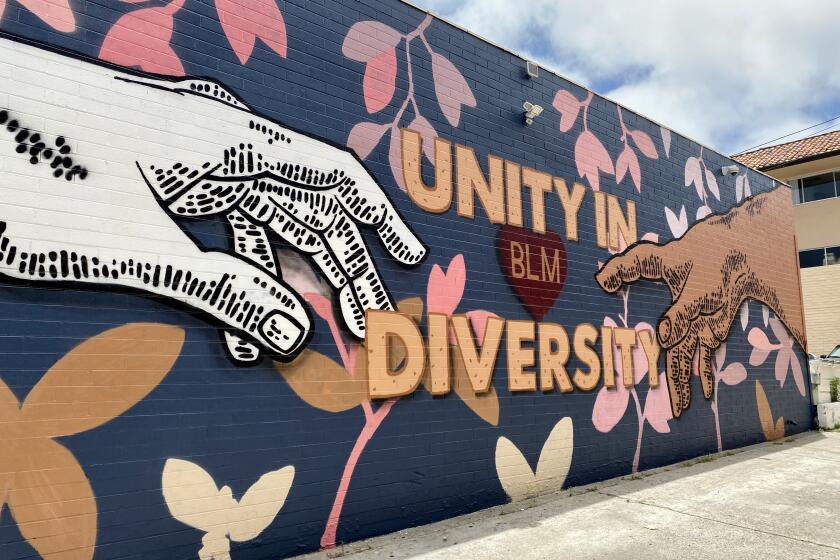Readers React: Questioning the definition of rape

Students at Dickinson College marched across campus in March 2011 demanding the school deal more harshly with students who committed sexual offenses.
- Share via
To the editor: In the Op-Ed, Carol Tavris describes a trial in which the alleged rapist is acquitted partly because his victim was “taller and heavier than he.” (“What we talk about when we talk about rape,” Opinion, Oct. 4)
Tavris exhibits zero sympathy for the victim simply because she did not physically assault her boss in self-defense even though her boss was assaulting her.
A victim’s responses
are dictated by the compelling expectation that her physical space should be respected. Her inclination is certainly not to scratch her boss’ eyes out, for instance. Assault victims do go into shock mode, and later realize they were unable to speak or resist because they were in shock.
What we do not need are more rape apologists like Tavris. Statistics indicate that alleged rapists are rarely convicted and sentenced. What we need is greater advocacy for rape victims, not less.
Bethia Sheean-Wallace, Fullerton
..
To the editor: What a refreshing article — common-sense talk about a difficult subject.
Sadly, mores (especially on college campuses) often treat neither binge drinking nor consensual promiscuity as misbehavior.
Rape is wrong, but nowadays, a “rape is rape” mantra may be used to trivialize distinctions needed for sound conclusions about the sexual behavior of adults.
Clearly, criminal liability is needed for serious forms of sexual assault, but sexual assault comes in many forms, and criminal law should recognize that. Some forms are much less serious, and classifying them as a serious crime degrades outcomes.
John C. Nangle, Palm Springs
Follow the Opinion section on Twitter @latimesopinion and Facebook
More to Read
A cure for the common opinion
Get thought-provoking perspectives with our weekly newsletter.
You may occasionally receive promotional content from the Los Angeles Times.










